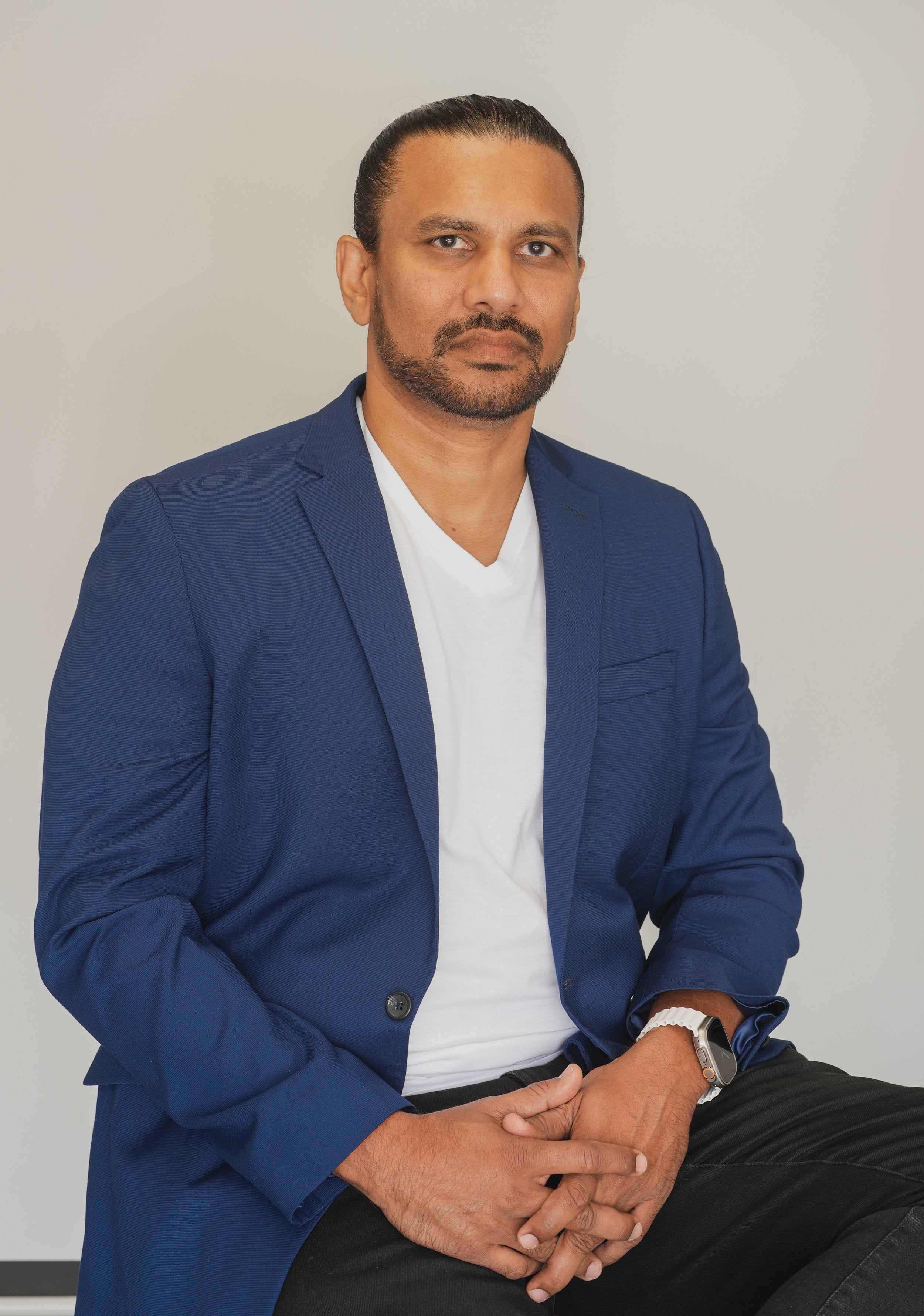
Someone is Always Thinking About the Next Big Idea
Source: Adam Mendler
I recently went one-on-one with Andy De Silva, co-founder of Hotel Emporium.
Adam: Thanks again for taking the time to share your advice. First things first, though, I am sure readers would love to learn more about you. How did you get here? What experiences, failures, setbacks, or challenges have been most instrumental to your growth?
Andy: I was born into an entrepreneurial family, so from day one I possessed a
keen desire to go into business. My father played an instrumental role in this
as he taught me how to conduct business and, perhaps, most essentially, the
importance of establishing a strong work ethic. I ended up working for him,
which gave me the opportunity to really understand the ins and outs of business,
and no task was too small. However, my father was quite old school and didn’t
see the need to embrace technology, which I realized was crucial to being
competitive in the business landscape, and I made sure to keep that in the back
of my mind as I began to take steps towards entrepreneurship. My journey towards
success certainly had its struggles. In 2005, I found myself facing various
legal challenges, as well as issues with properly controlling finances, and as
much of this was new to me, it was easy to feel overwhelmed. However, with a lot
of discipline and the end goal in mind, I stayed laser-focused on the business
and the inventory, which served me well. Additionally, I made sure to surround
myself with successful, business-minded individuals, and they were instrumental
in setting me on the right path. Honestly, just by observing them, I learned
crucial tips and tricks that I still reference to this day. It’s also important
to note that COVID presented significant challenges to the business landscape,
and the impact on my work was no different. Once I migrated to the US, I
connected with my uncle, who was also an entrepreneur, and we decided to go into
business together, with my focus on operations and his focus on sales. Our
endeavor initially started out in my uncle’s garage, with just $5K-$10K to work
with. Regardless, we persevered.
Adam: How did you come up with
your business idea? What advice do you have for others on how to come up
with great ideas?
Andy: Hotel Emporium was actually my
uncle Lalith James’ idea. At the time, he had been working for a hotel as a
general manager. One day, the supplier for the hotel called him with the news
that he had a heart attack. To relieve the supplier – who was also a close
friend – my uncle purchased the plant, and this is when my uncle and I really
started learning about liquids. Unfortunately, the business closed in the 90s,
so we started buying and selling the products. It was this experience that would
ultimately lead to the launch of Hotel Emporium. In terms of advice, it’s
important to acknowledge that lots of people come up with lots of ideas. What
will set you apart from others is keeping track of these ideas – I personally
log all my ideas on my phone so I can revisit them as needed. Also, never let
issues with finance stand in the way of your ideas. If you put your mind to it,
and really believe in an idea, you can make it happen. And keep in mind that
ideas may come that refine previous ideas, which could be vast improvements or
enhancements to what you’ve already come up with. Do not be afraid to run with
these changes, and do not waste time. After all, someone is always thinking
about the next big idea.
Adam: How did you know your business
idea was worth pursuing? What advice do you have on how to best test a
business idea?
Andy: As mentioned, since it was purchased
from a supplier, the business was something that already existed, with
competition already in place. Initially, we worked with the competition selling
their products to hotels. This allowed us to become a solution provider. But in
the process, we looked at the finished products of the competitors and realized
there were elements we could change – such as caps, design, and printing – and
we began working with factories on these changes, transforming our business from
being a supplier to something so much more. In terms of advice, it’s important
to acknowledge that lots of people come up with lots of ideas. What will set you
apart from others is keeping track of these ideas – I personally log all my
ideas on my phone so I can revisit them as needed. Also, never let issues with
finance stand in the way of your ideas. If you put your mind to it and really
believe in an idea, you can make it happen. And keep in mind that ideas may come
that refine previous ideas, which could be vast improvements or enhancements to
what you’ve already come up with. Do not be afraid to run with these changes,
and do not waste time. After all, someone is always thinking about the next big
idea.
Adam: What are the key steps you have taken to grow your
business? What advice do you have for others on how to take their businesses
to the next level?
Andy: The first step is to prioritize
responsiveness to customers. The hospitality space is very fast-moving, and it’s
important to make sure to get back to customers within 24 hours as it showcases
your dedication to valuing their patronage and fostering a genuine partnership.
Second is emphasizing the importance of team building and recognizing who best
belongs in each position. Recognize that executives may not possess all the
answers; instead, each team member brings their unique strengths that should be
harnessed effectively. Third is to treat everyone with respect, almost like
family members. These are the individuals who are with you in the trenches, day
in and day out, and they need to be acknowledged accordingly. Lastly, look to
advancements in technology to help further your business. There is so much at
your fingertips!
Adam: What are your best sales and marketing
tips?
Andy: In terms of sales, I think it’s very important
to take the time to really listen to clients – unfortunately, many salespeople
naturally lean into overselling. First three to five minutes if it's a new
customer, I would recommend getting to know your client and listening to their
story. This builds a working relationship and trust with them. This approach
goes a long way. When it comes to marketing, tips really vary based on the
product or service that is being sold. A one-size-fits-all approach isn’t
effective.
Adam: In your experience, what are the defining
qualities of an effective leader? How can leaders and aspiring leaders take
their leadership skills to the next level?
Andy: There are
quite a few qualities that define an effective leader. One quality is making it
a point to treat an entire team, regardless of position, with the same strong
level of respect, to listen to them, and treat them with kindness. Also, it’s
important to make sure employees know what expectations are, which will set them
up for success, as well as provide them with a clear structure to follow.
Adam:
What is your best advice on building, leading, and managing teams?
Andy: It’s really drawing on the defining qualities of an effective leader
mentioned in the previous question – tapping into those qualities and putting
them into practice to effectively build, lead, and manage teams.
Adam:
What are your three best tips applicable to entrepreneurs, executives, and
civic leaders?
Andy: First and foremost, you have to
believe in yourself and the product or service that you offer. Be your biggest
fan when it comes to your work because that passion will translate to others and
those around you to achieve those crucial goals. Second, make sure you have a
solid, thoughtful plan in place as it will be your north star, from your
day-to-day, year-to-year, and beyond. Lastly, go all out, and give it 110%,
regardless of those naysayers around you.
Adam: What is the
single best piece of advice you have ever received?
Andy:
The best piece of advice I have ever received is quite simple but extremely
essential: think big, not small. That approach to business will take an
entrepreneur far.




